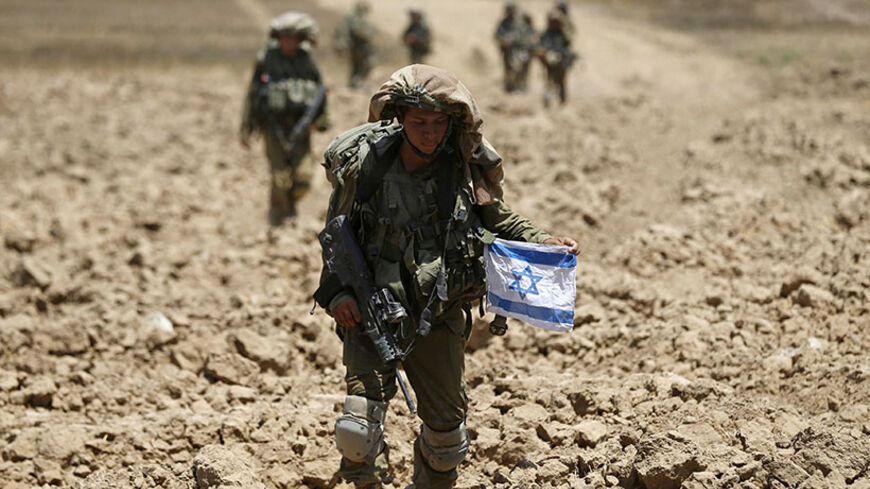The Gaza war quite a strange one. It exposed Israelis to phenomena unlike anything they had known in the past. Demonstrations of solidarity within the public at large emerged side by side with deep disagreements among the decision makers. Much like all other wars, it started with a complete accord, but ended up with doubts concerning its objectives. When ended, almost no one was able to respond as to what was its goal to begin with. The war with Hamas provoked the evacuation of most of Israel's southern communities. While the state encouraged the residents to stay put, the later reached the conclusion that they cannot rely on their country. They picked up their children and a few suitcases and abandoned their homes, until calm is restored. Here are several other central phenomena exposed by the 2014 war:
Length of Gaza war


